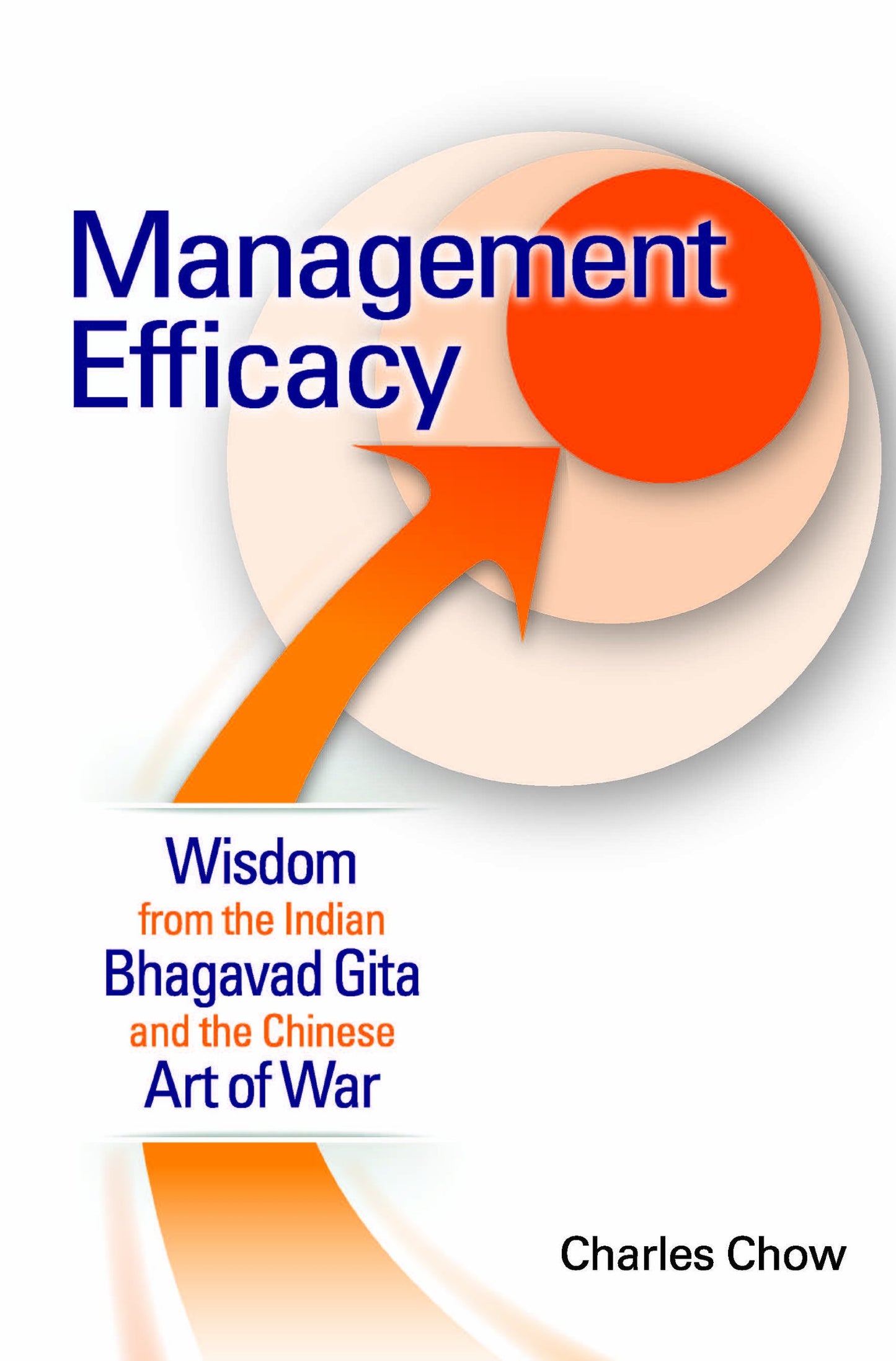This title is currently out of stock. Leave us your email address, we’d let you know when it’s in stock again!
-

A note on book covers: while we do our best to ensure the accuracy of cover images, ISBNs may at times be reused for different editions of the same title which may hence appear as a different cover.
Management Efficacy: Wisdom From The Indian Bhagavad Gita And The Chinese Art Of War
Management Efficacy: Wisdom From The Indian Bhagavad Gita And The Chinese Art Of War
Couldn't load pickup availability
Among the various diaspora, the Chinese and Indian have larger networks and richer documentation on strategy. Sun Zi's The Art of War, Admiral Zheng He's Art of Collaboration, and Genghis Khan's Art of Winning are famous Eastern wisdom that have been successfully applied to business. The Indians have their own Machiavelli named Kautilya (or Chanakya), whose book Arthashastra expounded the Mandala 'The enemy's enemy is a friend.' While Kautilya focused on statecraft, there is an even older Indian document on conflict called The Bhagavad Gita. The concept of detachment advocated in The Gita is similar to (but not the same as) the Daoist Wu Wei principle of non-doing. Both support universal harmony and are evident in business activities for corporate social responsibility.
This book is an East-East convergence of ideas that highlights key aspects of Chinese and Indian thinking in managing expectations at the individual and corporate level to enhance productivity, promote creativity, and encourage innovation in today’s intense global competition. Included are also tips to thrive in turbulent times and how to achieve excellence in leadership, entrepreneurship, and corporate social responsibility.
Part 1 of this book will highlight the main features in managing conflict. Part 2 links the findings with knowledge management and value innovation. Part 3 concludes with the essentials on how to thrive in turbulent times. In summary, management efficacy can be condensed into two just right, or simply mindfulness. The main components to focus on delivery, seize opportunities for deliverables, and to be resilient in results. For companies, the basic tenet is to link resources with resourcefulness. For individuals, the key tenets can be summarised as:
1. Everyone has an inner firmness of purpose that has to be discovered, not developed
2. Relationships are not available until enabled
3. There is inaction in action, hence the need to be aware of being aware.
Target Audience
Leaders and managers in any organisations, and individuals interested to learn more about management
Details of Book
Related Collections:
A note on book covers: while we do our best to ensure the accuracy of cover images, ISBNs may at times be reused for different editions of the same title which may hence appear as a different cover.

-
One Line Summary
Ancient wisdom for modern management excellence.
-
Who is this book for?
This book offers a fascinating blend of Indian and Chinese philosophies that can truly inspire those looking to enhance their leadership skills. It's a thoughtful exploration of timeless principles like detachment and harmony, tailored for today’s competitive world. If you're curious about applying age-old strategies to contemporary management challenges, you'll find plenty of insightful ideas to reflect on.

